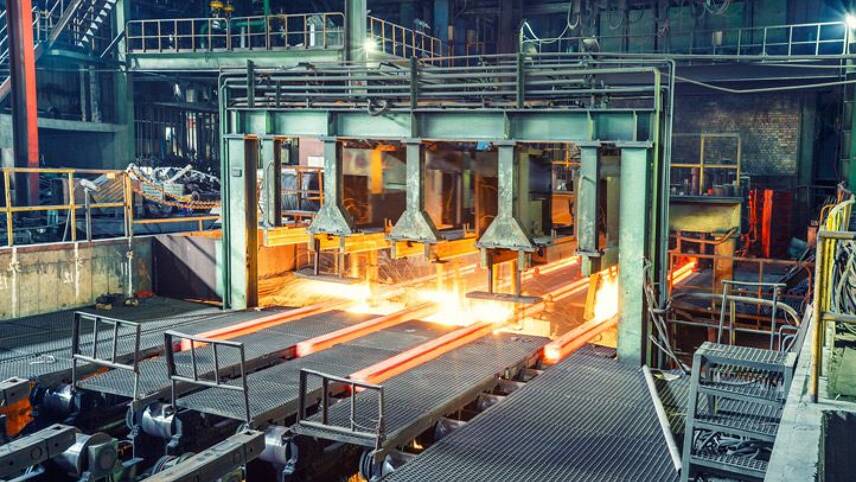Register for free and continue reading
Join our growing army of changemakers and get unlimited access to our premium content

The foundation industries account for 15% of the UK’s emissions, according to Innovate UK, and are worth around £52bn to the economy
National news outlets began reporting on 23 January that Chancellor Jeremy Hunt would unveil a funding package of two grants of £300m each for British Steel and Tata Steel. Sector representatives had explained to the Government how “crippling energy costs, carbon taxes, lost markets, lower demand, and open market access for imported steel” have compounded to leave the sector “a whisker away from collapse”.
Reports suggest that the Government will apply “green strings” to these funding bailouts. While both funding packages will primarily be intended to avert job losses through facility closures or downsizing, it has been reported that the funding agreement will require the two firms to transition away from blast furnaces fuelled by coal and install alternatives like electric arc furnaces for the production of primary steel.
On Tuesday (1 February), the Green Alliance published new data detailing how the Government must ensure that these green strings are fully implemented.
The Green Alliance argues that the steel sector would need to switch half the capacity of each site from coal-powered blast furnaces to electric arc furnaces, which would eliminate 4.9 million tonnes of carbon dioxide annually.
The green group has also called for the Government to ensure that spending from the steel firms is aligned with a public commitment to fully decarbonise by 2035, which in turn would assist the UK’s wider net-zero target for 2050.
It has also been recommended that spending is used to improve standards for steel scrap exports and improve recycling and introduce a “Green Power Tool” that gives the sector direct access to renewable energy.
Green Alliance’s research director Roz Bulleid said: “If the £600m is spent directly on lower carbon steelmaking equipment and comes with commitments from steelmakers to green the rest of their production, it looks like good value for the scale of carbon savings that could be achieved.
“However, ministers must attach strict green strings to any bailout to make sure taxpayers’ money is well spent and genuinely used to futureproof this critical sector.”
The call to action comes as the Energy Transitions Commission (ETC) has published a new report highlighting what key actions industry and the Government will need to enable to deliver near-zero emissions steelmaking projects in the UK.
The ETC recommends that the sector introduces a carbon price on steel imports and domestic production, as well as lower electricity prices in order to make scrap recycling more economical. Other recommendations include introducing “premium forwards offtake agreements” and direct government support to manage the risks and upfront costs of developing projects. The ETC claims that all of these actions are “feasible” in the short-term and will help unlock near-zero carbon projects.
“Low-emissions primary steelmaking is not only desirable for the UK, but eminently possible, requiring only a few, strategic interventions by industry and government to enable a viable investment case,” ETC’s chair Lord Adair Turner said.
“Both industry and government have acknowledged the need to rapidly decarbonise UK steel while preserving the capability to produce this important material domestically. This report charts a path for them to accomplish just that.”
Around 2% of the UK’s total emissions or 14% of its industrial emissions are attributable to iron and steel production. British Steel has previously pressed for up to £1bn of Government support to adopt technologies that will enable it to align with the UK’s legally binding net-zero carbon target for 2050.


Please login or Register to leave a comment.